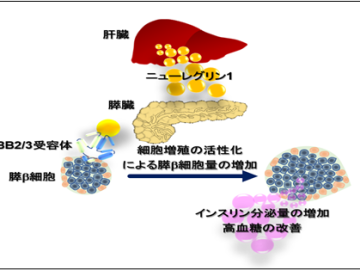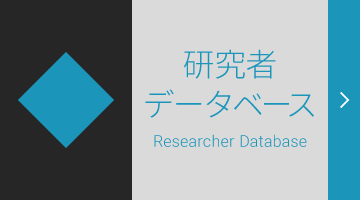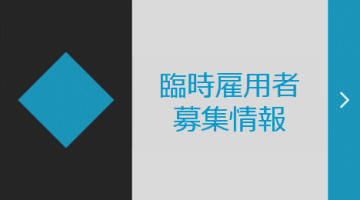| Journal Title /掲載ジャーナル名 |
Journal of Politics |
| Publication Year and Month /掲載年月 |
July ,2022 |
| Paper Title /論文タイトル |
Chain Connection, Close-knitness, and the Difference Principle |
| DOI /論文DOI |
10.1086/716968 |
| Author of Waseda University /本学の著者 |
CHUNG, Hun(Associate Professor, Faculty of Political Science and Economics, School of Political Science and Economics):First Author, Corresponding Author |
| Related Websites /関連Web |
– |
| Abstract /抄録 |
When distributing the benefits produced by social cooperation, Rawls’s difference principle targets a specific group (i.e., the least advantaged group) and requires its expectations to be maximized. One natural worry is whether the practical application of the difference principle comes with a significant cost to other groups in society. Rawls was quite aware of this potential worry and gave his earnest efforts to respond to it. His solution comes from his notions of chain connection and close-knitness. Rawls’s claim was that whenever society satisfies both chain connection and close-knitness, the practical implementation of the difference principle will (a) always lead to strict Pareto improvements, and, as a result, (b) the final state will be Pareto optimal. In this article, it will be shown that under close scrutiny neither of these claims holds even when society is both chain connected and close-knit. |









